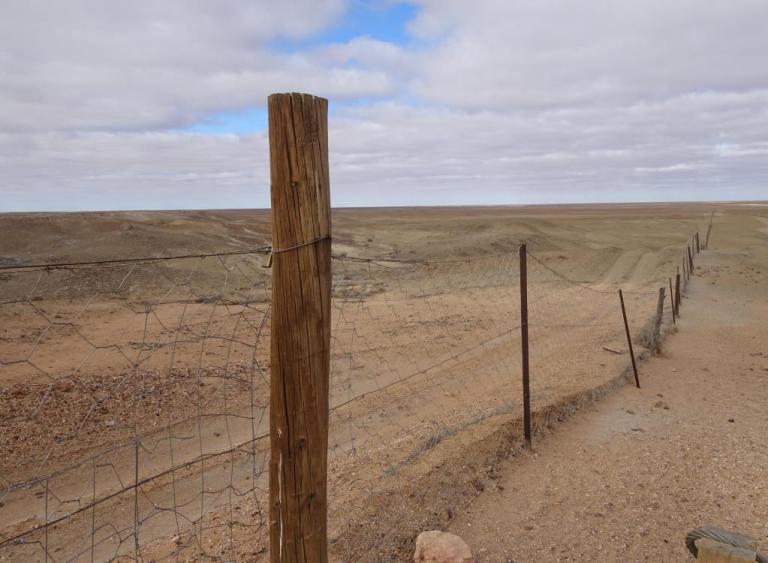
(the pic is from a fenced community farm at my back door, that is open to the public during daytime…)
The problem is teenagers without purpose outside of school, purposelessness that can lead to drugs, crime and even terrorism.
The goal is for teens to be given an opportunity to work together, with no hierarchy, to achieve a goal, with no skills required, for reward.
It should appeal to those who most need it.
Using nature makes sense, so the idea of running a farm has merit, and is already being used, albeit supervised:
https://farmandwilderness.org/tamarack-farm/activities/
http://wolfesneckfarm.org/teen-ag/
https://www.sdmf.org.au/youth-progams/triple-care-farm
http://www.knightfarm.co.uk/farming-for-teens
These are typically places where you need to travel to, and stay at, and you need to apply or qualify.
I’m thinking of a more local community, anarchistic model.
Unfortunately it does require money from a benefactor, but it may be money well spent. The local council is a good fit.
Some empty urban land (or any land close to where the teenagers live) needs to be gifted or loaned. Ideally it needs work to make it fit, especially demolition work like breaking up concrete or removing weeds.
A plan that is gamified.
For example:
1. Getting a minimum of 5 teens involved unlocks some tools
2. Clearing the land unlocks timber
3. Building raised vegie beds unlocks seeds or seedlings
4. A successful harvest, sold or distributed to the needy, unlocks the equipment for building a chicken coop
5. Building the coop unlocks chickens
6. Distribution of eggs unlocks some recycled items to be turned into artistic pieces or statues
A key aspect is that the quality of the work will never be judged. However if the entire project is mistreated or not valued, it can be stopped.
Anyone of a certain age (and perhaps males only) in the local area can participate. The only requirement is parental approval. Those with parental approval will have their names written somewhere permanent on the land, like painted on a wall, or something more difficult like etched into stone.
Work can only occur during daylight.Instructions and information will be provided.
There will be no direct supervision. There will be no team leaders or hierarchy, and participants will be told to keep it that way. Each person contributes as much as they feel they can, and to the best of their abilities. Nobody should judge the work of others.
Obviously there can be regulatory hurdles, such as health and safety, and protecting property from theft or vandalism.
If a CCTV was actively monitored by adults during all daylight hours, and recording at night, that could help with the hurdles.
The property could be fenced in and locked during darkness by a responsible adult who otherwise has no contact with the property.
If successful, the completed farm will still need ongoing work, and new teens can take the place of others. Teens will get the most value if they are there from the beginning, and constructing. Restarting this process in future years without destroying what is built is a problem to deal with at the time.
The concept could be trialled for a TV doco.
Read More


